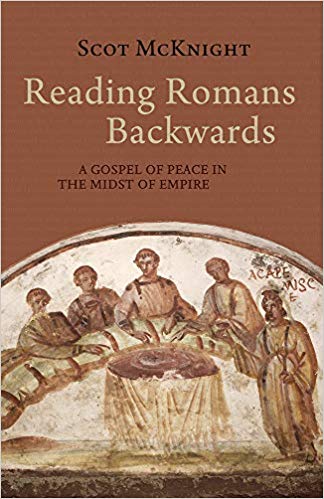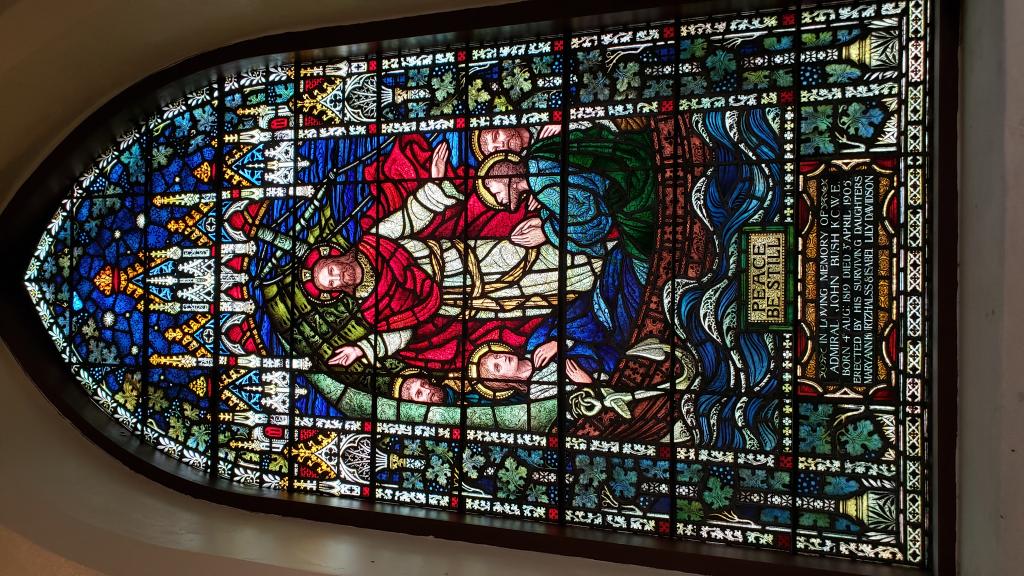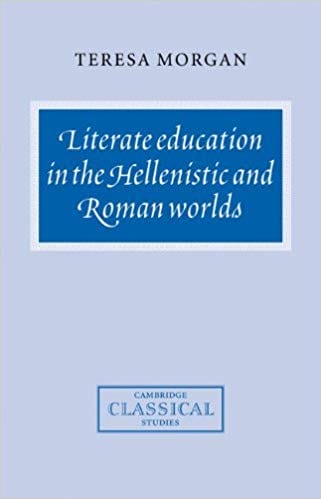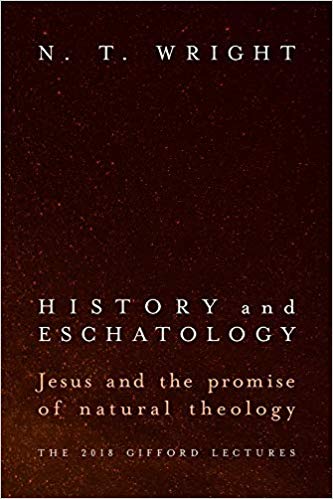BEN: p. 110 makes the important distinction between election for historical purposes and redemption, which involves moral and theological transformation. In regard to redemption and the judgment of human conduct, God is impartially judging everyone’s behavior on the same basis. “Jew or Greek, what matters is not election or non-election what matters is good and evil… what matters is deeds.” (p. 111). Amen to that. Grace does not annul the need for good behavior, indeed it enables it. SCOT: Perhaps... Read more













